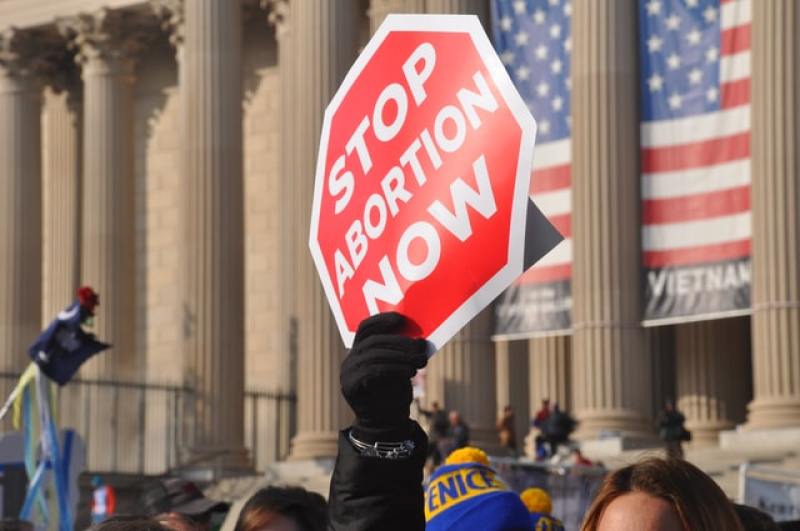
Members of the LGBT community are now claiming that the Texas abortion ban, which directly impacts women's issues, will have "traumatic" outcomes for trans and nonbinary individuals.
Despite not explicitly referring to anyone but women, the text of the Texas abortion ban or S.B. 8 prohibits abortion beyond the six week mark. Reproductive rights experts and LGBT advocates are worried that this will impact trans and nonbinary people as well, specifically subjecting them to so-called body dysphoria and other health-related issues if the law "forces" them to carry out a pregnancy.
Dr. Ricky Hill, a professor at the Northwestern University Feinberg School of Medicine lamented to Insider that under the Texas abortion ban, everyone will not be able "to make their own choices about their medical care." He aded that S.B. 8 is "a way to keep trans and gender-nonconforming, nonbinary folks out of sexual health conversations."
Dr. Hill claims that trans and nonbinary people are more vulnerable to develop body dysphoria, a mental condition in which a person identifies as one gender but feels that it is not being perceived by others. Dysphoria may be experienced by transmasculine persons who, in the event of a pregnancy, may show signs that he or she is expecting.
The text of the Texas abortion ban does not refer to trans or nonbinary people. Instead, it refers to pregnancy as "the human female reproductive condition" that "begins with fertilization," an event "when the woman is carrying the developing human offspring" and "is calculated from the first day of the woman's last menstrual period." Despite this, trans groups are claiming such women's issues as their own because of the Texas abortion ban.
According to Yahoo! News, Columbia University reproductive rights scholar Carol Sanger claims that even if the Texas abortion ban only refers to "women," it also applies to trans and nonbinary people who get pregnant and may want access to abortion. Sanger argued, "What they're trying to protect is the unborn child. If a judge were hearing this, they would say the intent is to protect the embryo. It's less concerned with the gender of the carrier, of the parent."
Dr. Hill argues that abortion is a bodily autonomy issue and not just a women's issue. He said, "Trans people, in general, are not included in conversations around sexual health."
As trans groups and activists continue to insert themselves into women's issues such as the Texas abortion ban, The Federalist's Nathanael Blake argues that trans activists are "trying to impose a grotesque newspeak on us, replacing mothers with 'birthing persons' and women with 'persons with vaginas.'"
He added that trans activists often "seek to deconstruct all biological categories, deploying contradictions such as 'female penis.'" The irony lies in how transgenderism "affirms the reality of biological sex...even as it rejects it."
























